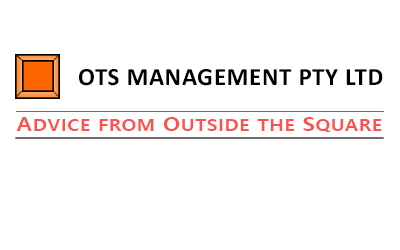While it would take a substantial amount of time and study to understand your financial statements the way an accountant does (they study for an average of 6 years to qualify as a Chartered Accountant or Certified Practising Accountant), it is possible for the Directors on a Board of Directors to understand their financial statements sufficiently to fulfil their duties as Directors.
As a Director, one of your duties is to be diligent in your role. This means that you must "pay attention". You cannot dismiss the financial side as "someone else's responsibility."
Therefore, in order to fulfil this part of your legal duties, you need to understand how financial statements are prepared, what is contained in them, and what type of questions to ask when you are unclear.
You do not need to understand them like a trained accountant - only sufficient to understand what's going on in your organisation and whether to feel comfortable with the results or make inquiries until you are satisfied.
The best defence against fraudulent activity - or to recognise approaching insolvency - is not the Auditor, but your own sense of understanding what is going on.
(more…)...
Read more
Understanding Your Financial Statements




